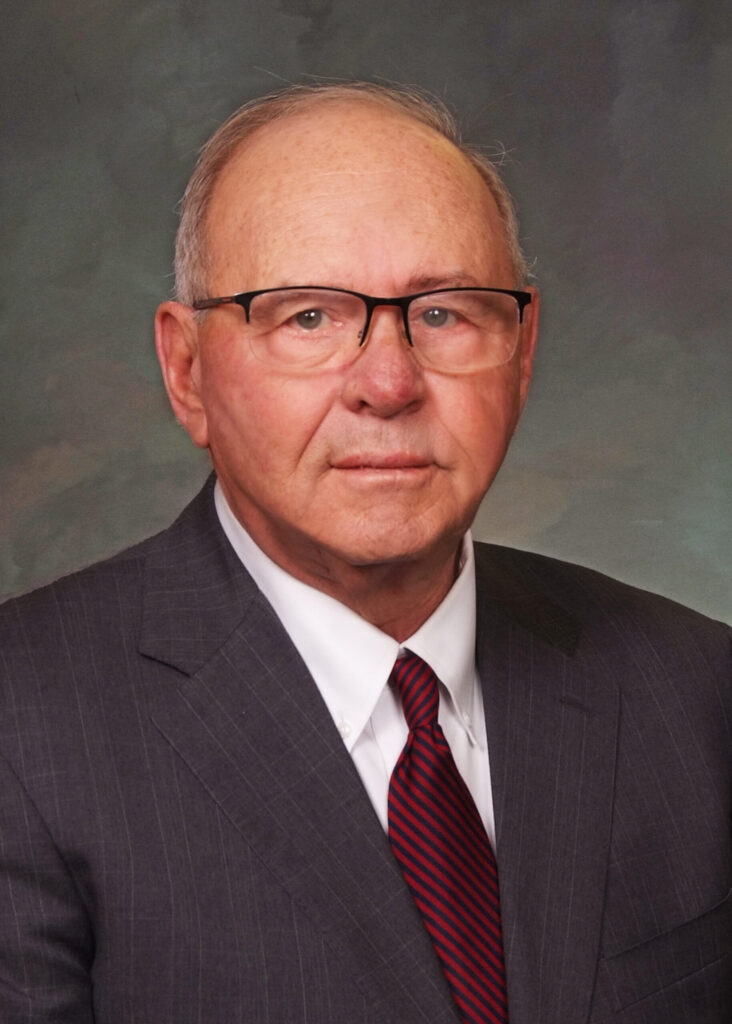Losses don’t lie with Colorado’s extreme-weather insurance quandary | HUDSON
Early on the first Saturday morning in April, it was snowing lightly as I left Littleton for Evergreen. Climbing up Route 74 visibility deteriorated, and the road grew slicker. Passing through Kittredge, I spotted Troublesome Gulch Road where satellite-linked trucks gathered 37 years ago prowling for Gary Hart whose presidential campaign had imploded with a photo of Donna Rice sitting on his lap. I nearly turned around, but I’d made a commitment to quit writing about the latest Trump outrage. (OK, perhaps limit myself to just once a month). Colorado serves up plenty of politics worthy of coverage.
I’d noticed on Facebook the Jefferson County Commissioners were holding a community forum to discuss wildfire danger and the increasing difficulty purchasing homeowner’s property insurance along the urban-wilderness “interface.” At the scheduled 9 a.m. start, only 40-50 residents had arrived, but over the following 30 minutes stragglers filled the library meeting room with a crowd approaching a hundred. Having been recently drafted to serve as president of my HOA when our young, energetic leader departed for a better paying job in Alaska, I’ve become somewhat familiar with escalating property premiums in Colorado. Frequently, HOAs have been asking homeowners to assume full responsibility for their individual units, restricting shared responsibility to common areas.
Though increasingly expensive, insurance carriers remain available on the Front Range, although their interest in covering multi-unit residences is rapidly evaporating. It was apparent from audience comments many homeowners simply cannot find coverage and when they do, it has become prohibitively expensive. Not only were Commissioners Lesley Dahlkamper and Andy Kerr in attendance but state Reps. Brianna Titone, Tammy Story and Sen. Lisa Cutter attended the discussion. U.S. Rep. Brittany Pettersen made a surprise appearance without her newborn son, Sam. She explained, “I have childcare help here, but not in Washington,” where she cast a late-night budget vote while holding her three-week-old baby. Rep. Pettersen expressed her surprise that President Donald Trump endorsed her remote voting resolution which she co-sponsored with Forida Republican U.S. Rep. Anna Paulina Luna. It wasn’t the first time President Trump has shown better political instincts than Speaker Mike Johnson. Since then, Luna accepted meaningless compromise with Speaker Johnson.
Stay up to speed: Sign up for daily opinion in your inbox Monday-Friday
Among the featured speakers, representing local fire districts and the sheriff’s office, was Colorado Insurance Commissioner Michael Conway. He explained how property insurers use risk and catastrophe models to establish premium ratings for individual properties. In Colorado, 50% to 60% of this cost is linked to hail risk. Though the Marshall Fire in Boulder County destroyed a thousand homes, the total loss came in at a billion dollars — last summer’s hailstorms, by contrast, produced $2 billion in losses. Both fire and hail claims have been growing annually. In eight of the last 11 years, property carriers lost money on their Colorado business. Their premiums are not regulated, as costs are for health care insurance. They are merely filed with the commissioner’s office.
Wildfire mitigation certification is available from your county government, which can help reduce premiums. The legislature is advancing two bills this year (HB 1198 and 1302) to assist in addressing these housing issues. 1198 creates a regional planning roundtable commission to develop building and zoning recommendations, e. g., requiring hail-resistant roofing for all new or replacement shingles. 1302 provides additional funding for the Colorado Homes Enterprise to “strengthen” houses against damage. It also establishes a reinsurance program to assist in stabilizing premiums while creating yet another enterprise to provide “catastrophe bonds” for homeowners unable to find affordable coverage elsewhere. A recent PEW report found 23 states have created similar insurance programs as “last-resort” options for homeowners. Actuarial studies indicate, however, only one of them is adequately funded.
Whatever or whomever you may hold responsible for the increasing frequency of extreme weather events, including wildfires, the losses don’t lie. Insurance premiums reflect this reality. With the imminent dissolution of FEMA, greater responsibility will fall to the states to manage their own emergencies. The good news is, contrary to what the Muskrats at DOGE ask you to believe, it was encouraging to discover the degree of preparedness offered in Jefferson County. Colorado law designates local sheriffs as county fire wardens, responsible for evacuation plans, fuel and slash management, homestead assessments and home “hardening.” Sheriff Reggie Martinelli’s Emergency Services Section is on the job. One of the few women serving as sheriff, she hinted with federal grants drying up, it’s likely JeffCo’s commissioners may face rising costs.
Although the Joint Budget Committee has submitted its “long bill” to the legislature, and it has already passed the Senate and is awaiting final action in the House, it seems likely the General Assembly will be required to reconvene in special session this summer once the full extent of federal budget cuts become known. Many of the longstanding federal fiscal spigots are being shut off, significantly affecting Colorado’s financial obligations. Conway pointed to the health care reinsurance program, which is funded with hospital surcharges collected under a “Section 1332” exception grant. Although renewed for seven years, RFK’s Health and Human Services department has been squishy about continued approval of this funding mechanism. Cancellation could punch a $300 million hole in the state budget.
There are sure to be similar losses in education funding, as the federal department is liquidated. All the more reason for a serious discussion of TABOR reform or repeal. Although the Democratic majorities in each chamber are proposing to revive a legal challenge against TABOR, which was lost after a decade of courtroom squabbling regarding the question of plaintiffs legal “standing,” it isn’t clear both can hold their troops in line.
Miller Hudson is a public affairs consultant and a former Colorado legislator.











